
Even mild COVID-19 cases can have major and long-lasting effects on people’s health. That is one of the key findings from our recent multicountry study on long COVID-19 – or long COVID

Many people who want to lose weight have a particular area of their body that they wish they could lose fat from most – whether that’s their stomach, arms or thighs.

Italians are notoriously – and understandably – protective of their cuisine, as regular arguments about the correct toppings for pizza or the appropriate pasta to use with a Bolognese ragu will attest.

Have you heard the saying “water is life?” Well, it’s true. Water is an essential nutrient. Our body cannot produce sufficient water to live, so we need to consume water through food and fluids to survive.

I have discovered that self-sabotage can be a fundamental, although dysfunctional, aspect of protection. It can be a strategy to avoid change.
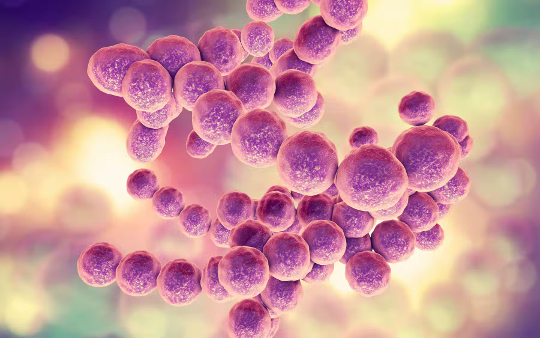
A vast combination of microorganisms live in our gut, including bacteria, fungi and viruses. Collectively, we refer to this as the the microbiome.
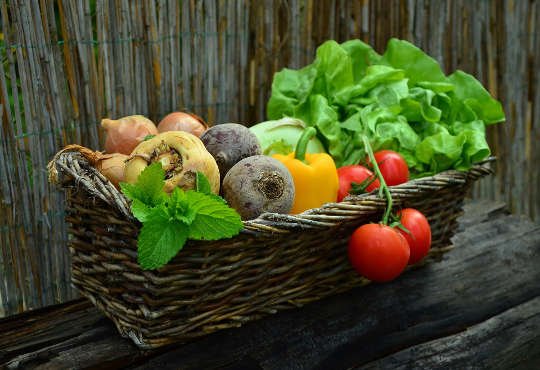
Nowadays most everyone is familiar with the unique health benefits of fruits, vegetables, protein, herbs, and spices, and their specific effects on the human organism.

It seems cortisol is both the chicken and the egg, with high cortisol increasing the risk of attracting COVID, and low cortisol involved in long COVID symptoms.
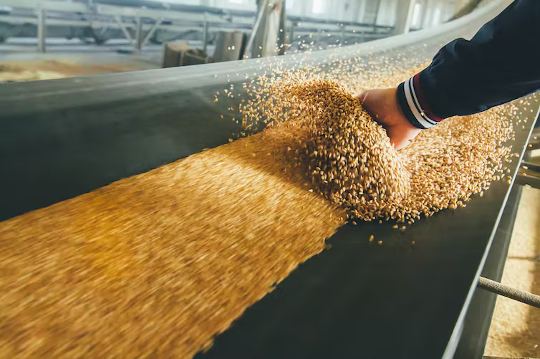
Wheat provides 19% of the calories and 21% of the protein consumed by humans globally. But a fungal disease called fusarium head blight (FHB), which can infect wheat crops and contaminate the grain with toxins, is on the rise.
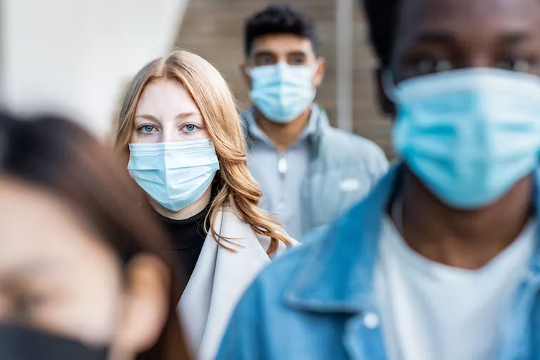
The cold and flu season of 2022 has begun with a vengeance. Viruses that have been unusually scarce over the past three years are reappearing at remarkably high levels, sparking a “tripledemic” of COVID-19, the flu and respiratory syncytial virus, or RSV.

The most conclusive evidence for the healthful effects of clay points to protection and detoxification as its primary benefit.

While menopause is a significant time of change, it isn’t talked about much, other than as a punchline.
- By Tobias Eckle
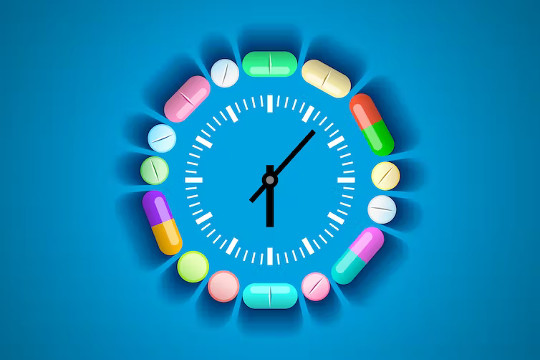
All human body functions also follow this daily rhythm, and the timing of behaviors like exercise or food intake can significantly influence your health.

The brains of people with cognitive decline fare better with higher levels of vitamin D, research finds.
- By Aziz Asghar

Although it’s well known that COVID affects the respiratory system, it’s perhaps less well known that the virus can also affect cognitive function.

If you’re someone who has to deal with a period regularly, you’re probably all too familiar with just how much your energy levels can change throughout your cycle thanks to hormonal fluctuations.
- By John Crimald

Every time you flush a toilet, it releases plumes of tiny water droplets into the air around you. These droplets, called aerosol plumes, can spread pathogens from human waste and expose people in public restrooms to contagious diseases.

Kane Tanaka of Japan, died in April 2022 at the age of 119. Jeanne Calment died in 1997 at the age of 122. What are the chances of this record being beaten?
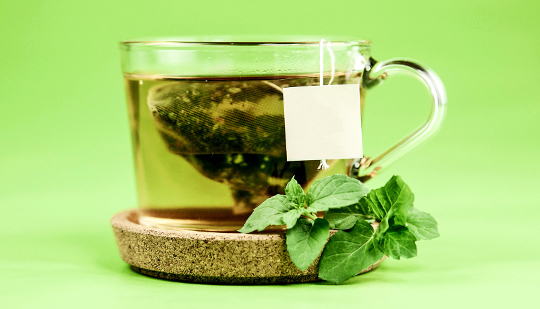
Two common compounds—green tea catechins and resveratrol in red wine and other foods—reduce the formation of Alzheimer’s plaques, a new study shows.

To arrive at this conclusion, the researchers combined health and mortality data for seven million Canadians gathered over a 25-year period with information about the levels of outdoor PM2.5 concentrations across the country.

Many people’s default when preparing fruit and vegetables is to peel them. But often, it’s not necessary. There are important nutrients in the peel.
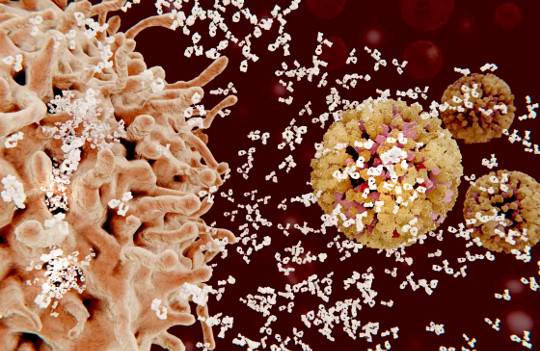
Inflammation is a process in which antibody-producing cells – like the large beige cell on the left of this image – rush to the site of an infection to attack an invader, such as the flu virus in yellow.
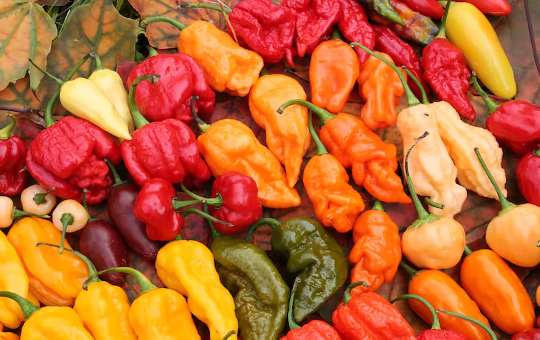
The chilli pepper of the genus Capsicum (family Solanaceae) is one of the world’s most widely used spices, found in thousands of recipes and sometimes eaten as a stand-alone dish.
















